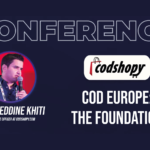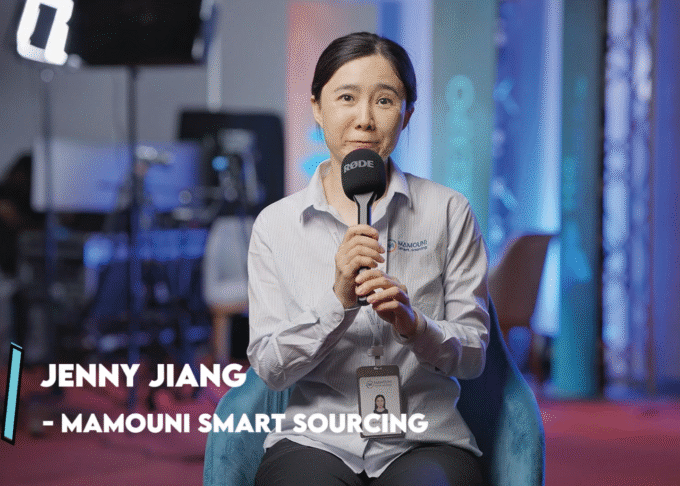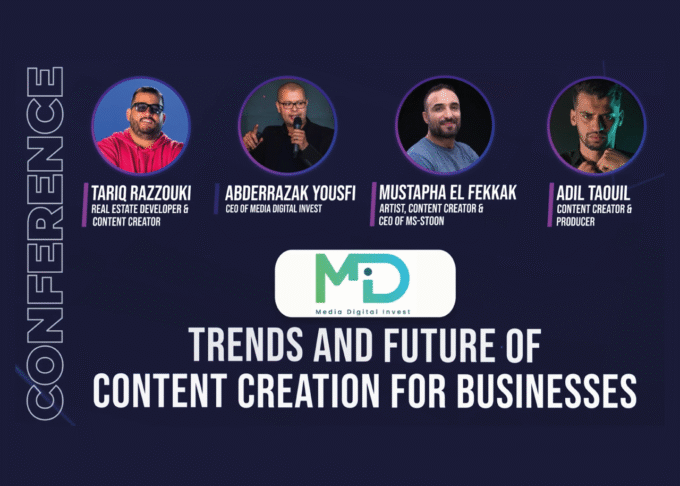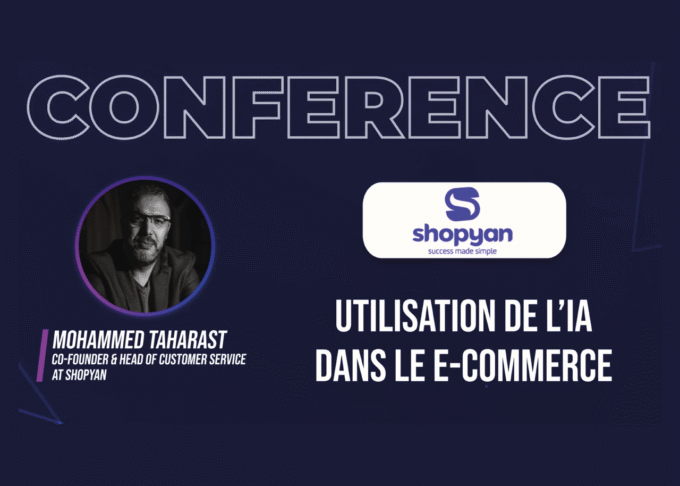The EMEC EXPO 2024 played host to a compelling panel discussion titled “Quel avenir pour l’e-marketing, l’e-commerce et le marketing d’affiliation à l’ère de l’IA et l’automation ?”, offering a glimpse into the transformative power of generative AI and automation across these critical domains. Moderated with enthusiasm at the Startup Station, the panel brought together Zohir, an entrepreneur and technology consultant with years of experience and Akram Ogri, a consultant, trainer, and entrepreneur known for his work in supporting business growth through automation. Their insights painted a picture of rapid adoption, evolving skillsets, and a future where AI is not just a tool, but a fundamental driver of success.
The Inevitable Tide of AI: A $110 Billion Market
Setting the stage for the discussion, the moderator highlighted the undeniable momentum of generative AI. Citing multiple studies, he stated that the global generative AI market is estimated to reach a staggering $110 billion in 2024. This figure underscores the fact that AI is not a fleeting trend but a significant and rapidly expanding force in the global economy. Furthermore, projections suggest that by 2025, a remarkable 95% of customer interactions could be managed by autonomous AI systems, freeing up valuable time for marketing teams and significantly reducing operational costs.
This rapid growth and potential impact are being felt keenly in Morocco. Zohir confirmed that, contrary to potential hesitations seen in some other regions, Moroccan leaders, business owners, and agencies are embracing AI with notable enthusiasm. This proactive stance signals a strong belief in the transformative capabilities of these technologies within the local market.
Empowering the Entrepreneur: The Rise of “E-Crafters” and “GPT Boost”
The panel delved into the practical implications of this AI revolution for entrepreneurs and marketers. Zohir, the initiator of a movement called e-Crafters, explained that its mission is to democratize and support entrepreneurs in adopting AI tools to enhance their productivity and performance. This initiative aims to equip individuals with the knowledge and skills necessary to navigate the evolving technological landscape.
Similarly, Akram Ogri, driven by his own entrepreneurial journey in seeking automation and efficiency, created a community WhatsApp group called GPT Boost. This group serves as a platform for sharing tips, news, and insights related to generative AI and its applications. The existence and active participation in such communities highlight a strong desire among professionals to learn and leverage AI for tangible business benefits.
Essential Skills for the AI-Powered Marketer
Akram emphasized that while a traditional background in management and economics is common for marketers, the advent of generative AI presents a unique opportunity to evolve their skillset. He stressed that joining communities and engaging in continuous learning are crucial for staying ahead in this rapidly changing environment. The ability to leverage AI tools will become a core competency, enabling marketers to accelerate various tasks, from creating editorial calendars and communication strategies to automating content generation and customer interactions. This shift does not necessarily mean job displacement but rather an improvement in well-being as collaborators spend less time on repetitive and less engaging tasks.
Maintaining the Human Touch in an Automated World
A key concern often raised with increased automation is the potential for dehumanizing customer interactions. The panel addressed this directly, emphasizing that AI should be seen as a tool to augment human capabilities, not replace them entirely. Zohir argued that the risk of dehumanization is low because AI allows businesses to focus on higher-value tasks, such as creativity and strategic thinking, while automating more mundane processes.
Akram highlighted the efforts being made by AI developers to address ethical considerations. He cited the example of OpenAI’s new model, Spec, which has been trained to respect human ethics. In one illustration, when asked to write a Valentine’s Day message, Spec goes beyond a generic response by prompting the user to include personal details and memories, thus fostering a more authentic connection. This demonstrates a move towards AI that understands and even encourages human empathy and personalization.
The Future of E-Commerce: Conversational Commerce and Data-Driven Decisions
Looking ahead, the panel explored the future of e-commerce in the age of AI. Zohir envisioned a shift towards conversational commerce, where customer interactions become more intuitive and personalized, driven by AI assistants that understand natural language and user behavior. This will involve leveraging data from various touchpoints to create more relevant product recommendations and a more direct and engaging shopping experience.
Akram underscored the critical importance of data analytics for e-commerce businesses in this evolving landscape. Companies must invest in the resources and tools necessary to capture, transform, and analyze data effectively. This data-centric approach will be a key differentiator, enabling businesses to make informed decisions quickly and gain a significant competitive advantage. He pointed to successful companies like Tesla, Netflix, and Amazon, which have placed data at the core of their strategies.
Furthermore, the way consumers search for information is changing. Akram noted the rise of AI-powered search engines like Perplexity, suggesting that businesses need to adapt their SEO strategies to be discoverable on these new platforms, which often integrate LLMs to provide more comprehensive and direct answers. He also advocated for integrating LLMs directly into e-commerce websites, moving beyond basic chatbots to offer intelligent search functionalities and enhance the overall customer experience. For instance, a customer could simply ask for a “black jacket, size medium, under 300 dirhams,” and the AI would intelligently filter the product catalog.
Addressing Practical Concerns: Ethics, LLMs, and Customer Interaction
The audience also raised pertinent questions regarding the ethical implications of AI and the potential for developing local Large Language Models (LLMs). On the ethical front, Akram suggested that while formal legal frameworks are still evolving, businesses should proactively establish internal guidelines for AI usage, such as curating validated prompt libraries to ensure responsible and effective implementation.
Regarding LLMs, Zohir mentioned existing initiatives like llmirati, an LLM launched over a year ago and recognized for its capabilities. He expressed optimism that with a Minister of Digital Transition experienced in artificial intelligence, Morocco could see further developments in this area, potentially leading to tailored AI solutions.
In response to a question about managing customer interactions, particularly voice messages, in e-commerce, Zohir explained that while voice recognition in dialects like Darija is still a work in progress, current LLMs like ChatGPT are quite adept at understanding mixed-language text (e.g., Darija and French). He suggested leveraging these LLMs to create sophisticated chatbots trained on a business’s product catalog and website content. These chatbots can handle a wide range of customer inquiries, from product information to order status updates, offering a significant boost in efficiency and customer service.
Conclusion: Embrace the Change and Network for Success
The panel concluded with a strong call to action for Moroccan entrepreneurs and businesses to embrace the AI revolution. The rapid adoption already underway, coupled with the emergence of supportive communities and the increasing sophistication of AI tools, presents a significant opportunity for growth and innovation. By staying informed, networking with industry players, and actively experimenting with these technologies, businesses can unlock new levels of productivity, performance, and customer engagement in the years to come.















